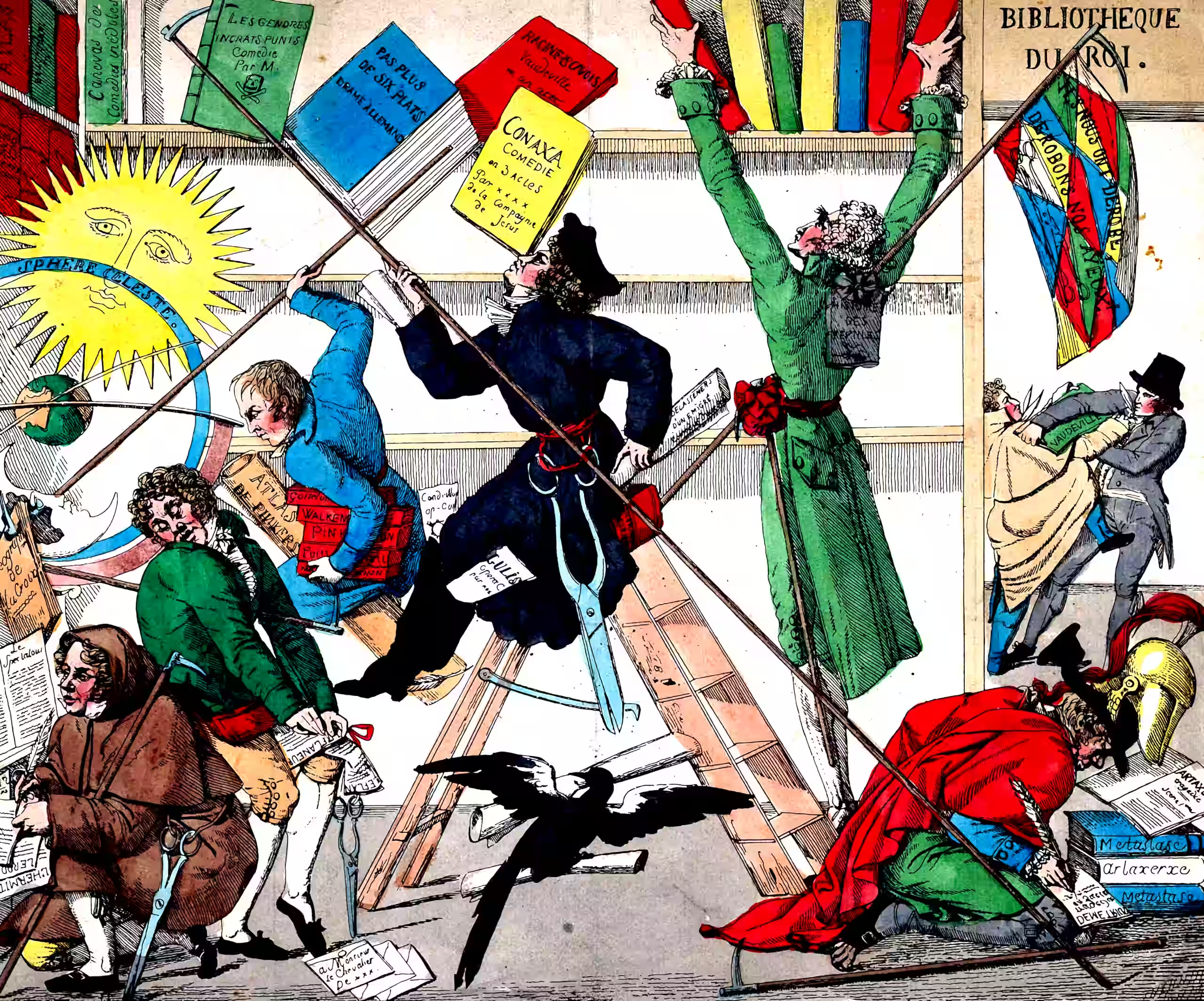Data sovereignty
March 23, 2023 — January 6, 2025
Suspiciously similar content
On owning the data that we use.
1 Data Unions
2 Indigenous data sovereignty
3 Incoming
-
Without data, there would be no AI – that applies to any form of AI, from deep learning, reasoning and planning to knowledge graphs. We need to look closer at the links between data and algorithms, drawing on approaches from multiple disciplines and engaging those directly affected by AI, as well as civic society. The latest wave of large language models (LLMs) and other FMs has disrupted how we think about many components of our data infrastructure: from the value of data we publish openly and the rights we hold on data, both individually and collectively, to the quality and governance of critical datasets. We are using the term ‘data-centric AI’ to advance our thinking in this space – the term was introduced a few years ago in the AI community to advocate for more attention to the data that AI engineers feed into their models. Expanding on the term, we use it to refer to the entire socio-technical data infrastructure of AI – this includes data assets, tools, standards, practices, and communities.
Framework for ethically crowdsourced data | Streamr Data Unions
The Data Union Framework is a data crowdsourcing and crowdselling solution. Working in tandem with the Streamr Network and Ethereum, the framework powers applications that enable people to earn by sharing unique and valuable data.
Apps integrate with the framework, or build one from scratch. Users opt-in to pool their data into real-time streams listed on The Hub as a project for sale. When a buyer subscribes, the revenue is automatically distributed by a smart contract among all of the data producers.
Data Trusts: Why, What and How. How do we, the general public, gain… | by Anouk Ruhaak
A data trust is a structure whereby data is placed under the control of a board of trustees with a fiduciary responsibility to look after the interests of the beneficiaries — you, me, society. Using them offers all of us the chance of a greater say in how our data is collected, accessed and used by others. This goes further than limiting data collecting and access to protect our privacy; it promotes the beneficial use of data, and ensures these benefits are widely felt across society
In a sense, data trusts are to the data economy what trade unions are to the labour economy.
